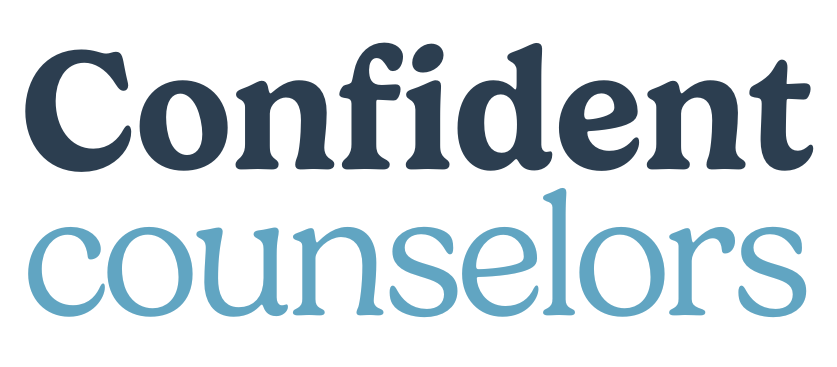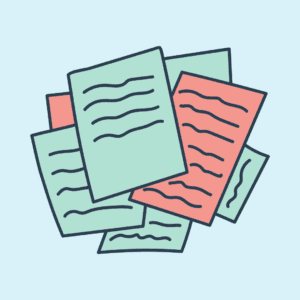I’m always excited, yet nervous, for a new school year to begin. Setting goals for your school counseling program demonstrates accountability and provides focus. Every year is different. Needs change. In the same way, your school counseling program goals should reflect these changing needs. But, how do you decide what your goals should be? Data drives your school counseling program and helps you to set goals with outcomes that can be measured. These three types of data can help you create your program goals: needs assessment data, school profile data, and school climate data.
Needs Assessment Data
First, it is necessary to know the needs of your students, parents, and teachers. Conduct a student needs assessment during the first few months of school that includes academic, social/emotional, and college and career readiness questions. In addition, give parents and teachers similar assessments customized for them. You can find the needs assessments I use for my program here.
Once the assessments are done, analyze the results. This will give you an idea of what the top concerns are for each group of stakeholders. The results will help you set goals for your school counseling program.
School Profile Data
Secondly, you must know your school profile data: academic achievement, discipline, demographics, attendance, and subgroups. This data will give you specific groups to target for intervention. If you have difficulty generating these reports or accessing the data, talk to your admin or the designated data person at your school to get help.
School Climate Data
Lastly, assess your school climate from all stakeholder perspectives. The end of the school year is a good time to do this assessment, but it can also be done at the beginning of a new year. Use a questionnaire that addresses perceptions about the school environment, negative behaviors, where the action happens, how often it happens, and how students respond when it happens. The National School Climate Center is a great place to start.
Data Drives Goals
Now that you have all this data, what next? Your program goals are the basis of your counselor program management agreement. Refer to your state counseling model and standards to ensure compliance. ASCA has an excellent template to use that gives you a SMART Goal Format.
It is important to be realistic when writing your goals. Something that helps me is to collaborate with admin. If you have an advisory council, ask them for feedback about your program. Align your goals with your school improvement goals. Once you have your goals written, then you can plan activities, lessons, programs, and small groups that could address these goals.
The Proof is in the Results
Fast forward to the end of the school year. Gather the data you need related to each of your goals. Look at the results. Don’t be disappointed if you didn’t reach your goal with the exact percentage. This is not what defines your program. What does matter is, you had goals and worked to meet them. Your outcomes can be used to show how your program will continue to improve. Program goals can help you focus on what is really important for your school. Results show how students are different because of what you do.
What are some tips and tricks you use to set program goals?
Great leaders don’t set out to be a leader, they set out to make a difference. It’s not about the role-always the goal…
Check out these other posts on goal setting as a school counselor and grab The DIY Counselor’s Middle School Needs Assessment to get started.
Confident Counselors Conversations: Do you set program goals for the year?









Nice article on Goal for students.